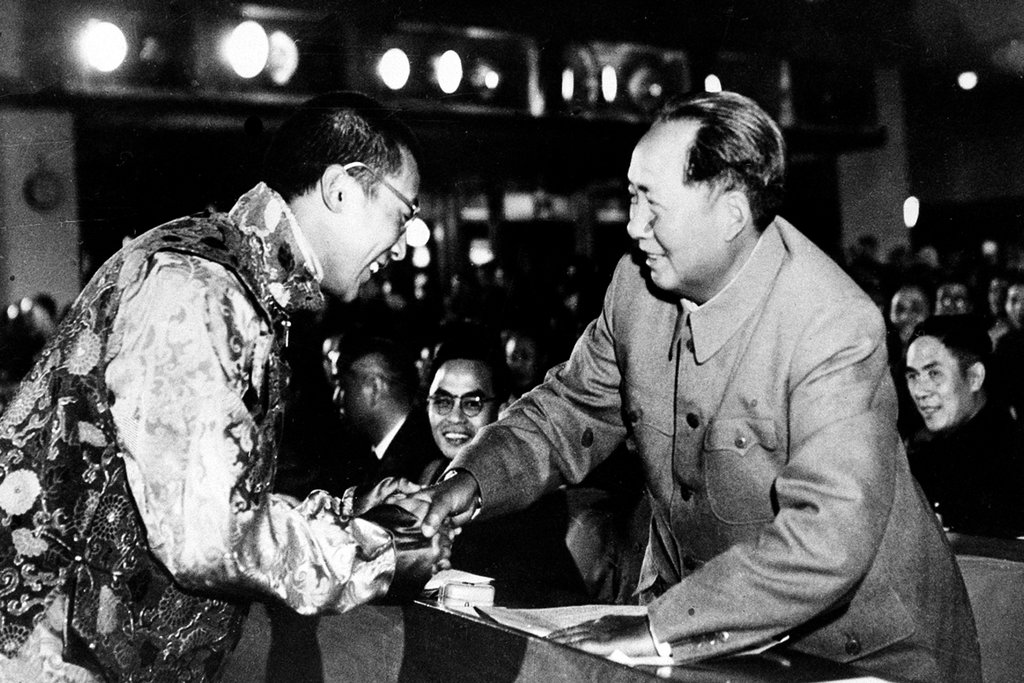
“Ignorance and despotism seem made for each other.”
Thomas Jefferson
That people are born equal may be true in a legal sense, but inequality quickly emerges. Differences in intelligence, upbringing and opportunity assert themselves in determining how each of us develops. Equality under the law helps level the playing field, presumably insuring that opportunity is not denied due to systemic bias, economic advantage, or social status. One way our society has addressed human development is through the imposition of universal public education.
Universal public education provides all children with tools they need to become active participants in society, at least that’s the theory. In practice, results vary. Along with the differences already noted, levels of achievement are affected by teacher quality, curriculum, and educational resources. One thing is for certain: poorly educated children make democracy weaker, not stronger.
The success of American democracy, despite its unequal beginnings towards women and people of color, has always relied upon an educated, literate, well-informed electorate. Our Founding Fathers were Age of Enlightenment thinkers, educated and thoughtful men of their times who prized knowledge and wisdom. Thomas Jefferson, in particular, focused on education as critical to America’s success. He pushed for universal public education as a civic good, corollary to rights such as freedom of speech, believing it essential that every common man be able “to read, to judge & to vote understandingly on what is passing.” He understood that free speech matters little if those enjoying it cannot reason well and make decisions based on an understanding of the facts.
In some societies, universal public education is either an anathema or a tool of manipulation. Communist China invaded the neighboring country of Tibet in 1950 under the banner of universal public education, and even now keeps over a million Uighurs locked up in “reeducation” camps. The Taliban in Afghanistan forbid a university education to women. In the USA today, efforts are being made in some states to replace universal public education with universal public indoctrination by dictating what ideas cannot be taught to school children, such as the history and impact of systemic racism.
Stupidity is different than ignorance. Stupidity is an incapacity to learn, no matter how good the teacher, curriculum or educational circumstances. In this sense, there’s no fixing stupid, only finding ways to make the best of an unfortunate condition. Stupid is not deserving of shame, blame or castigation; there will always be people of low intelligence of no fault of their own. A good society does what it can to educate, find work and support those who have difficulty learning. In this respect, America is doing poorly. The U.S. government spends sixteen times more money on prison and welfare than on education.
High school SAT scores peaked in 1966, and have progressively declined in each decade since, a fact not obvious since SAT scores have been curved, disguising the downward trend. We are graduating students who are less well educated than the ones before them. Unfortunately, education’s now defined as an economic good, rather than a civic one. A degree now promises economic success as its primary goal. Little wonder, then, that our democracy is lurching in a despotic direction. America’s electorate cannot properly evaluate political positions, policy implications, nor make sound decisions.
An enormous amount of attention is placed on freedom of speech, but that freedom is worthless if nobody can properly evaluate its content.